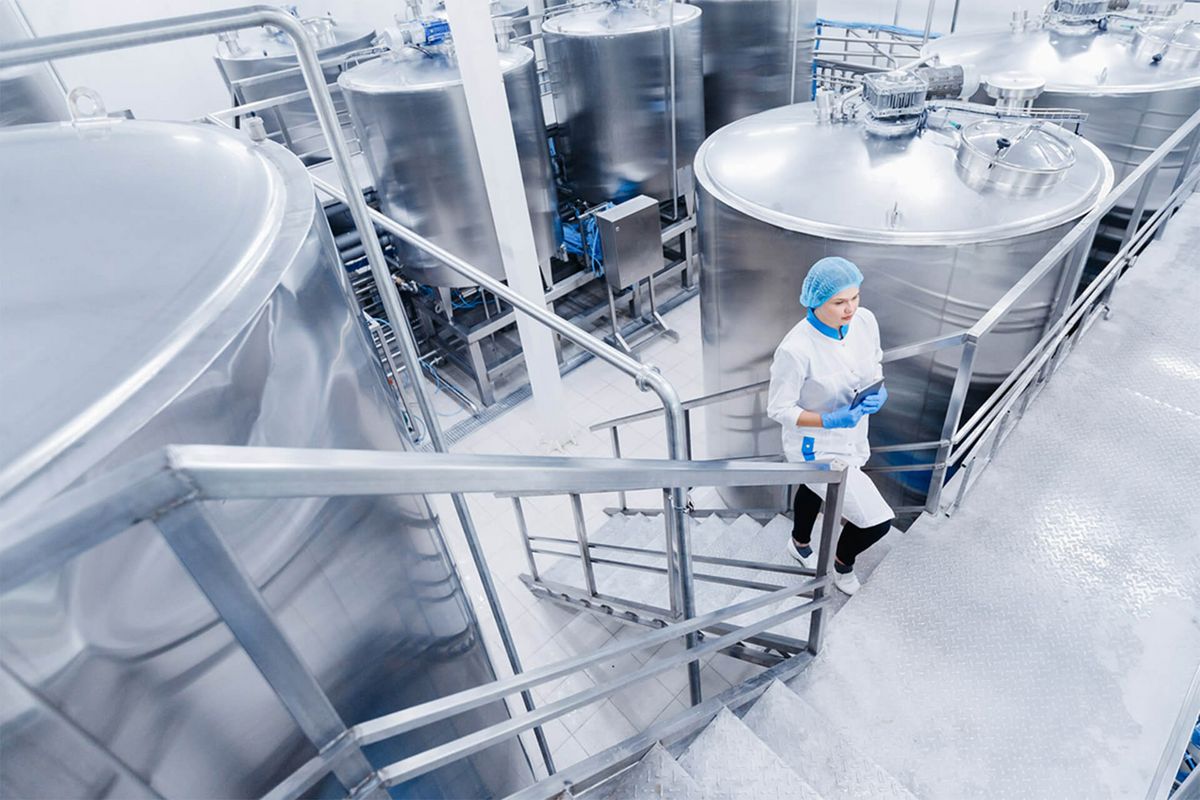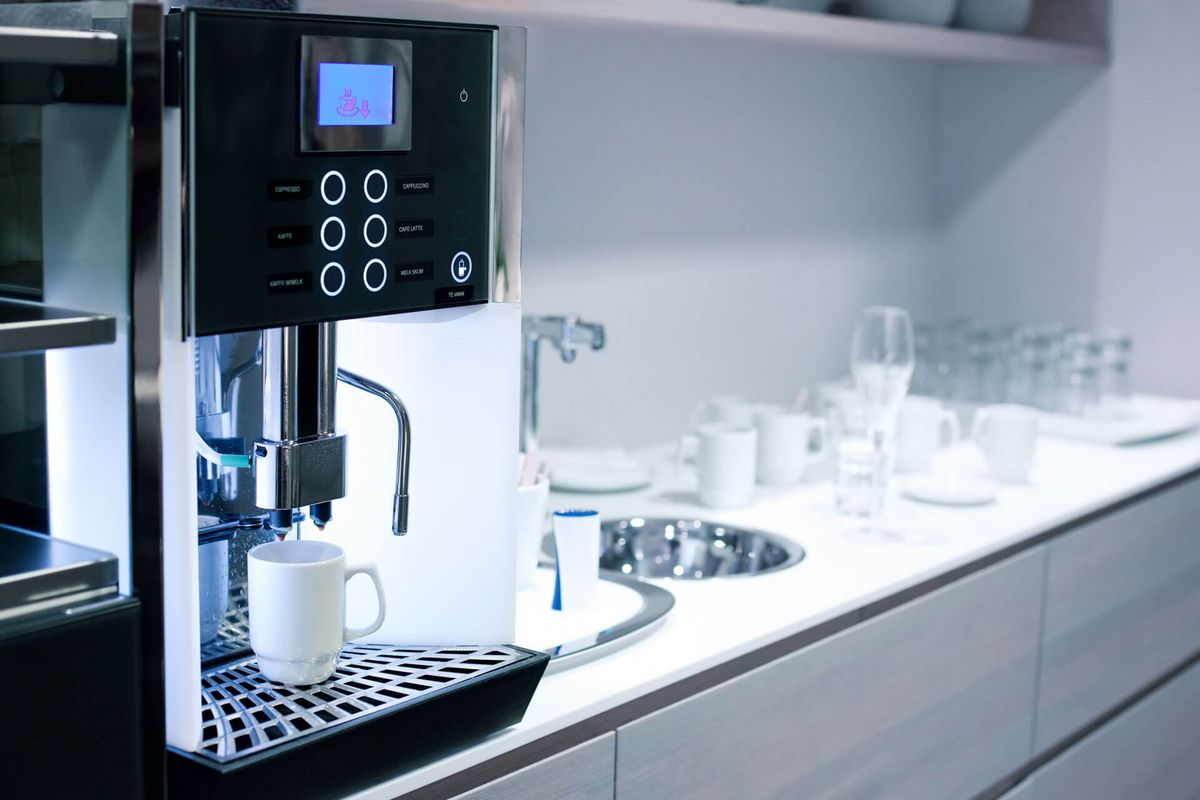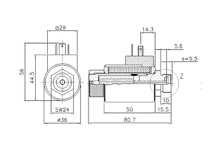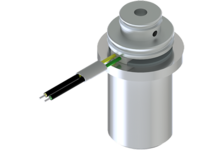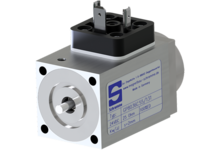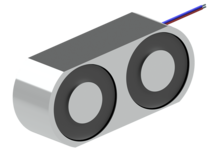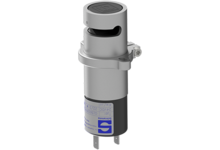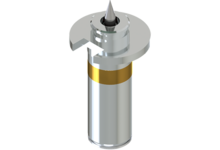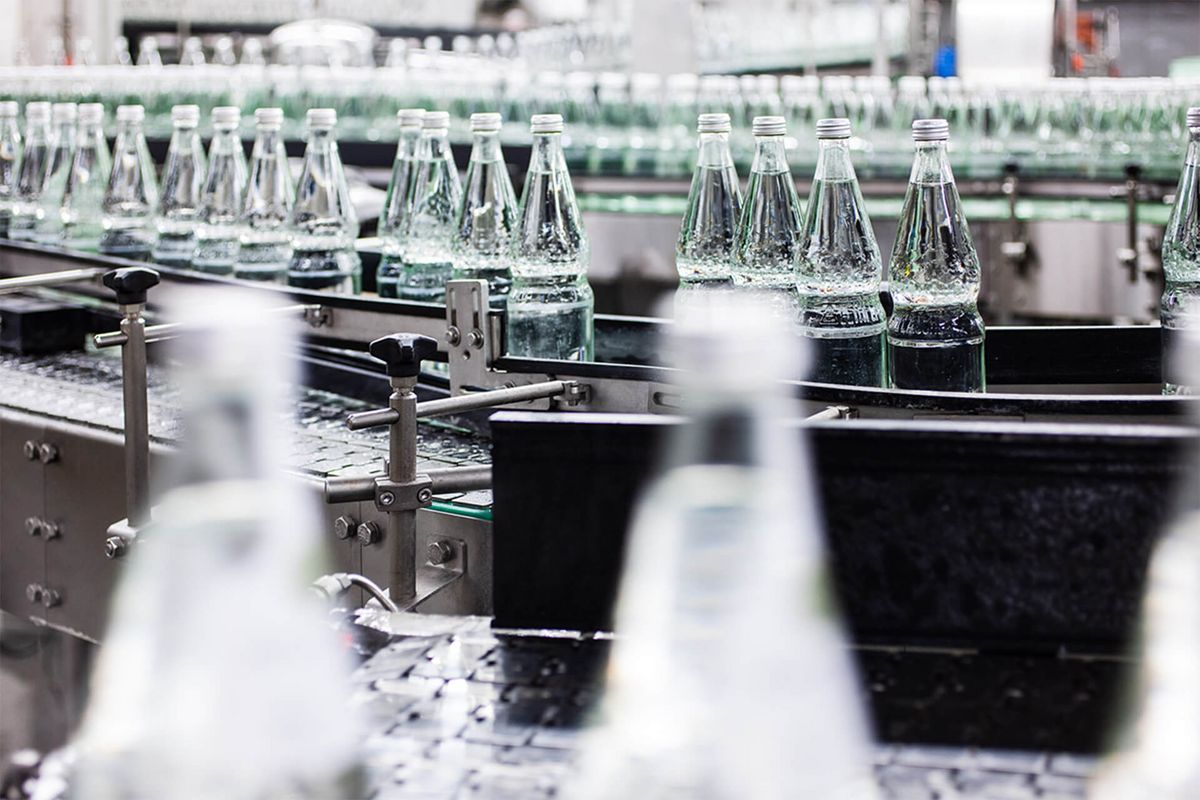ISO 9001 & IATF 16949 certified as developer & producer of electromagnets.
Food technology
Discover how our innovative electromagnet solutions and pioneering technologies are shaping the future of food technology.
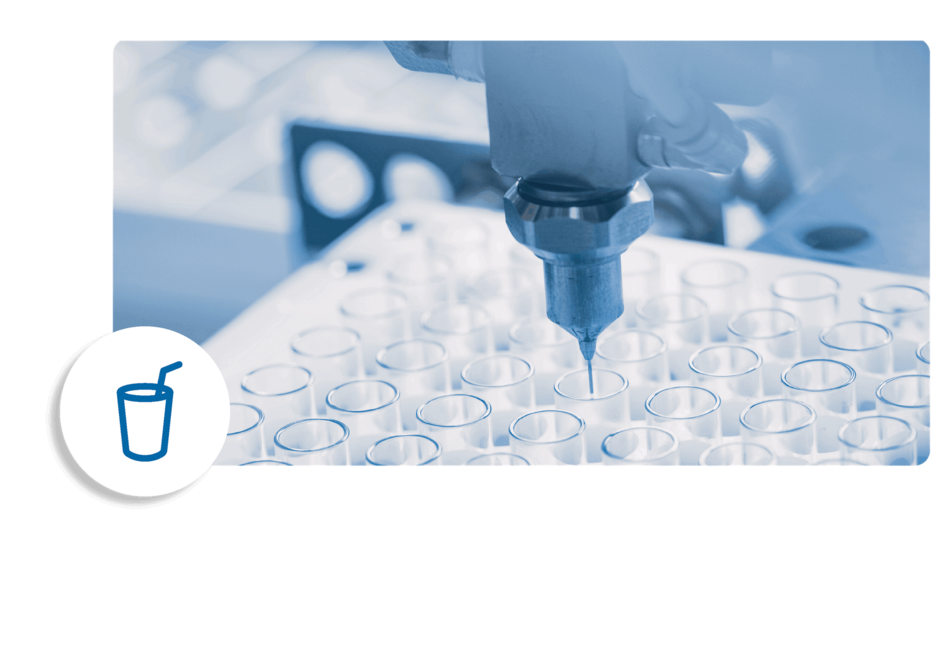
Use of electromagnets
Efficiency and precision: electromagnets improve systems in food technology
Electromagnets, pinch valves, linear solenoids and similar components are essential building blocks in food technology. They ensure precise motion sequences and enable reliable automation of processes that have to fulfil the highest standards of efficiency, safety and hygiene.
Application examples for electromagnets in food technology
- Holding solenoid for milking systems
- Pinch valves for coffee machines and food production
- And many more
Precision and reliability in demanding applications
If required, they fulfil strict specifications that are mandatory for hygienic designs in this industry. Our technologies help to realise complex control and regulation tasks safely and efficiently. Thanks to their robust design, durability and simple integration, they are indispensable for systems in which precision and hygienic standards have top priority, for example in the processing, dosing and filling of food.
Your advantages with Schramme
Development and production of electromagnets in food technology
Magnetbau Schramme is your experienced partner for the development and series production of high-quality electromagnets for food technology. With decades of expertise, we offer customised solutions that meet the highest standards of hygiene, precision and reliability and fulfil strict industry-specific standards.
From the initial concept phase to series production, we provide you with comprehensive support and efficiently realise individual requirements thanks to flexible manufacturing processes. You can rely on "Made in Germany" quality for innovative applications in food processing and automation.
More than 50 years of experience in the development & series production of electromagnets.
CNC, welding, soldering, injection moulding assembly (ESD / clean room) and much more.


Alexander Grischin
Sales Manager
Application example hose clamp valve
Coffee machine
Pinch valves in coffee machines precisely control the flow of liquids such as milk. They regulate the hose by shutting it off or opening it, allowing the amount of milk for drinks such as cappuccino or latte macchiato to be precisely dosed. These valves prevent leaks and the ingress of media into the valve parts, which ensures reliable operation and a long service life for the machine.
Technical requirements
How Magnetbau Schramme solves the technical requirements
Electromagnetic actuators such as linear solenoids, pinch valves and holding solenoids must fulfil the highest technical requirements in food technology. In addition to precise control and reliability, the focus is on hygiene standards, with strict compliance with standards and specifications.
The materials must be corrosion-resistant and easy to clean, while a compact design and energy-efficient performance are required. In addition, these drives ensure safe operation in demanding environments, such as in damp or temperature fluctuations.
- Holding solenoid for milking systems
- Pinch valves for coffee machines and food production
- more
More information about electromagnets in the food technology sector
1. Solenoid types
In food technology, solenoids, proportional solenoids, holding solenoids, solenoid valves, pinch valves, valve solenoids and solenoid coils are used in particular. They ensure precise control, hygienic processes and reliable automation. Pinch valves and solenoid valves are essential for fluid control, while holding and linear solenoids enable precise movement sequences. All components fulfil strict hygiene and safety standards.
2 Industry-specific technical requirements
Electromagnets in food technology must fulfil extremely high requirements in terms of precision, hygiene and material quality. For use in sterile environments, corrosion-resistant materials such as stainless steel are required that can withstand chemical cleaners and CIP/SIP processes. Their design must avoid dead spaces in the fluid flow to prevent deposits and contamination, and they must be completely sealed to prevent the ingress of moisture or dirt. In addition, low heat generation and energy-efficient operating characteristics are crucial to minimise thermal loads on the overall system.
Electromagnets must also be vibration-resistant and suitable for continuous use under cyclical loads, whereby precise control, short switching times and compliance with typical standards are essential.
3. Special features
In food technology, electromagnets require a hygienic design, corrosion-resistant materials and compatibility with CIP/SIP cleaning processes. Compared to other industries, strict standards must often be adhered to in order to ensure maximum purity, safety and sterility.
Electromagnets in the food technology sector - Questions & Answers
How does Magnetbau Schramme guarantee the quality and reliability of its electromagnetic drives for food technology?
Magnetbau Schramme guarantees the quality and reliability of its electromagnetic drives through precise manufacturing processes and the use of high-quality, corrosion-resistant materials. Each drive is subjected to extensive testing under real operating conditions. In addition, a 100 % final inspection is carried out during assembly to ensure that all systems meet the highest standards and function reliably, efficiently and with low maintenance, even under the demanding requirements of food technology. This guarantees a high level of operational reliability and a long service life for the drives.
What exactly is the function of pinch valves in coffee machines and why are they perfect?
Pinch valves in coffee machines precisely control the flow of water and milk as well as steam enrichment by securely closing or releasing hoses. They prevent leaks and ensure that liquids reach the brewing, steam nozzle and milk frothing systems at the correct pressure. These valves are ideal because they react quickly, control efficiently and are easy to clean, while withstanding the high temperatures and pressures in coffee machines.
Which standards must electromagnets fulfil in food technology?
If required, our electromagnets fulfil relevant standards such as EHEDG, FDA and EU regulations that are required for the food industry. These standards guarantee that the electromagnets meet the highest hygienic standards and ensure the safety of food production at every stage of the process.
What materials are used in your electromagnets?
For food technology, we use corrosion-resistant materials such as stainless steel and food-safe plastics. These materials ensure that the electromagnets are durable and resistant to high temperatures, moisture and aggressive cleaning agents, which are common in food production.
What does a holding solenoid do in a milking system?
A holding solenoid in a milking system is often used to securely attach pipes and other system components to metal surfaces. A real-life example shows how holding solenoids are used in modern milking machines to keep milk tubes stable throughout the milking process. These electromagnets provide a reliable and vibration-resistant connection that prevents unwanted movement and optimises the efficiency of the system. Thanks to their strong adhesive force and resistance to cleaning processes, they contribute to long-term operational reliability and easy maintenance.

